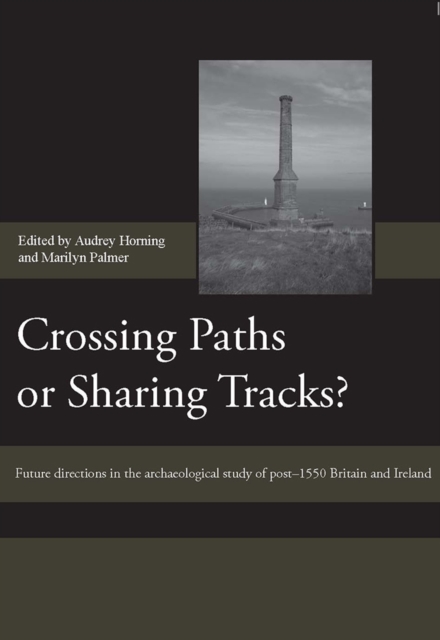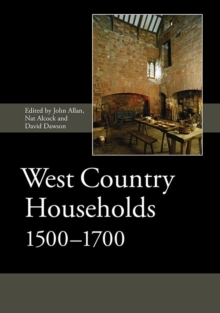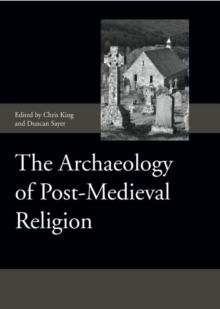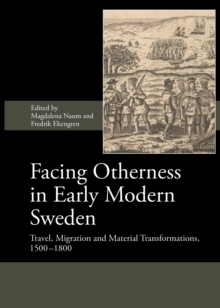
Crossing Paths or Sharing Tracks? : Future directions in the archaeological study of post-1550 Britain and Ireland PDF
Edited by Audrey Horning, Marilyn Palmer
Part of the Society for Post Medieval Archaeology Monograph Series series
Description
Brings together over thirty of the leading scholars in Post Medieval archaeology and examines how this relatively new discipline has developed and where it is going.
The impetus for this volume lies in the expansion of interest in Post Medieval archaeology in university, commercial, and voluntary sectors. The study of Post Medieval archaeology is a relatively new discipline but, within archaeology as a whole, it represents one of the fastest growing areas of study. Archaeologists seek to avoid the fragmentation of a still small discipline into subfields such as pre-1750 post-medieval archaeology, post-1750 industrial archaeology, or the incorporation of theory as somehow outside of the purview of the work of the older organisations. This important and timely volume brings together articles that consider the commonalties between approaches as well as the unique contributions made by members of each organisation towards the study of the material heritage of the post-1550 period.
The chapters in the volume derive from a well-attended three day conference held at the University of Leicester in April 2008 and sponsored by the Society for Post-medieval Archaeology, the Association for Industrial Archaeology, and the Irish Post-Medieval Archaeology Group. The aim of the discussion-focused conference was to foster enhanced understanding and cooperation between the organisations and their approaches; with in-depth consideration of the future of the broader field of historical archaeology. The volume will bring the debatefrom the conference to a wider academic, professional, and vocational audience and, it is anticipated, will act as a benchmark by which future development will be judged.
Information
-
Download - Immediately Available
- Format:PDF
- Pages:438 pages
- Publisher:Boydell & Brewer Ltd
- Publication Date:19/03/2009
- Category:
- ISBN:9781846157103
Information
-
Download - Immediately Available
- Format:PDF
- Pages:438 pages
- Publisher:Boydell & Brewer Ltd
- Publication Date:19/03/2009
- Category:
- ISBN:9781846157103










